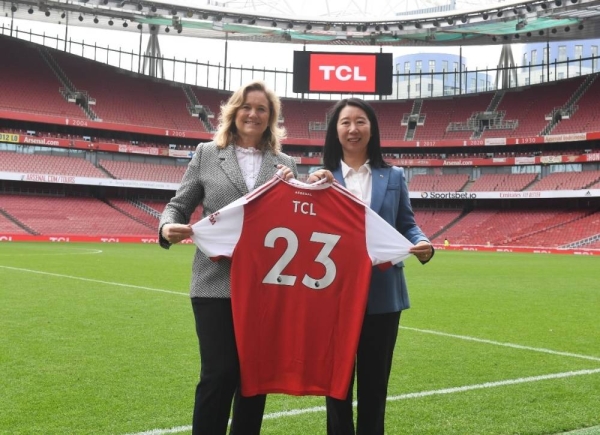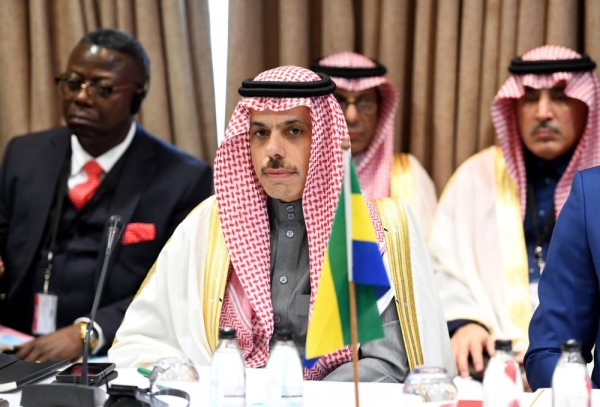
When one enumerates the dangers the world is facing as it fights to put the COVID-19 pandemic behind it, the heightened risks and greater instability are obvious. During the lockdowns, we were promised the roaring 1920s, just like the world experienced after the Spanish Flu pandemic of 1918. It now looks more like we are heading straight into a mix of the 1929 stock market crash and the Great Depression, with the added atmosphere of imminent global war seen in the late 1930s. Indeed, in this age of technology, cycles are definitely much swifter. This time, the roaring decade was more like a roaring month or fortnight.
There are many dangers that are keeping the situation volatile, even more so than during the pandemic. To start with, Europe has become a war zone, inflation is plaguing the livelihoods of people across the globe, supply chain disruptions are threatening food security, financial markets are in turmoil, China is facing the risks of a resurgence of the virus and we can also add a few other dangers, such as the level of global debt. All these perils feed off each other and add pressures on global security and the future of the recovery.
These global events also add pressure to the existing geopolitical risks being experienced by the Middle East and Europe. This environment creates opportunities for unforeseen clashes and dangerous times on the military and security level. As the conflict between the West and Russia continues and more actions are taken to isolate Moscow, there is nevertheless a clear perspective. No matter the narrative one wishes to put forward, the responsibility lies with the EU, which was not able to develop an adapted formula of deterrence and diplomacy with Russia. Moreover, it did not play its part within the transatlantic alliance by stepping up its military capacity and making the US listen more. In short, the burden was left on the US and the strategy too.
This burden was left to the US at a time when Washington was clearly announcing its disengagement from Europe and the Middle East to focus on Asia. To make things worse, Europe judged the US move with complacency, while still accepting it. In short, Europe got lazy. The US’ withdrawal or disengagement is true for Europe as well as for the Middle East. It cannot be attributed to a single US administration but to the last 12 years at least and should not be a source of criticism.
Both regions are strongly linked to the US when it comes to security issues. But the Middle East has been more focused on the risks it faces. Indeed, whether it is the actions that led to more powerful and dangerous nonstate actors or the actions of Iran, leading Middle Eastern countries have warned and warned again. Because no one listened — and unlike Europe — they have taken a proactive approach and faced the dangers without their traditional support. They have also lived with their successes and corrected their mistakes.
Today, Europe needs to learn from its mistakes and begin to change its foreign policy, as well as its military and security infrastructure. It needs a new construction that speaks with a single voice and is strong enough to make its own decisions when faced with geopolitical dangers. This needs to be done while staying committed to the transatlantic alliance, which has brought Europe unprecedented benefits since the end of the Second World War. This new thought process or building of infrastructure should not and cannot be done without taking into account or coordinating with the input of leading countries in the Middle East. The risks to both regions are interconnected and therefore the protections should be as well.
In order to do so, Europe needs to change its speech and its actions. Its actions in the Middle East can too often be summed up with the French saying, “C’est l’hopital qui se fout de la charite” (It is the hospital that does not care about charity), whose closest English equivalent might be “pot meet kettle.” In short, Europe has completely dismissed leading Middle Eastern countries’ warnings about Iran’s actions and other dangers, while allowing itself to execute the same with Russia. There has been a selective choice of when to put the so-called European values and morals forward and when to prioritize European interests. This will not work anymore.
Europe needs to learn from its mistakes and begin to change its foreign policy, as well as its military and security infrastructure.
Khaled Abou Zahr
Therefore, Europe needs to be consistent when facing similar and interconnected dangers in the Middle East. As a French citizen who is strongly attached to the values of the EU, I also warn against a growing view among policymakers that seeks to follow a Machiavellian approach to foreign affairs and Middle Eastern issues. Europe cannot handle this. A strong alliance and open communications, mutualizing potential benefits and losses between Europe and the Middle East’s leading countries, is the correct answer. This means that Europe and the Middle East need a common policy on global agendas and to be aligned on major geopolitical files. Subsequently, they need to collaborate on building a strong security and military infrastructure that can benefit from consistent support from the US.
We never discover the loyalty and true values of anyone during times of prosperity. It all comes to light in difficult and dangerous times. The Middle East’s leading countries have proven time and again their attachment to the US and to the values of peaceful cohabitation. Even as the execution of the US’ withdrawal has put Europe and the Middle East at risk, they have stayed committed. It is time to structure this institutionally and to empower the regional powers before it is too late.
Khaled Abou Zahr is CEO of Eurabia, a media and tech company. He is also the editor of Al-Watan Al-Arabi.
Disclaimer: Views expressed by writers in this section are their own and do not necessarily reflect Arab News" point of view
Opinion
Dr. Majid Rafizadeh
Iran gaining the upper hand in nuclear deal talks
Author
Dr. Dania Koleilat Khatib
Sunni vote will determine the outcome of Lebanese election
Author
Andrew Hammond
Ukraine war prompts EU to envision a bolder future
Author
Dr. Diana Galeeva
Macron’s pragmatism ensures line to Putin remains open
Author
Khaled Abou Zahr
Why Europe should look to partner with the Middle East
Author
MORE IN OPINION
Latest Updates
Spurs crush 10-man Arsenal to keep top four bid alive
Spurs crush 10-man Arsenal to keep top four bid alive
Debut MENA Content Creator Awards to honor home-grown digital talent
Debut MENA Content Creator Awards to honor home-grown digital talent
Ailing Nadal falls in Italian Open third round to Shapovalov
Ailing Nadal falls in Italian Open third round to Shapovalov
What We Are Reading Today: Hot Molecule, Cold Electrons
What We Are Reading Today: Hot Molecule, Cold Electrons
Saudi delegation reviews opportunities for cooperation in the Netherlands












